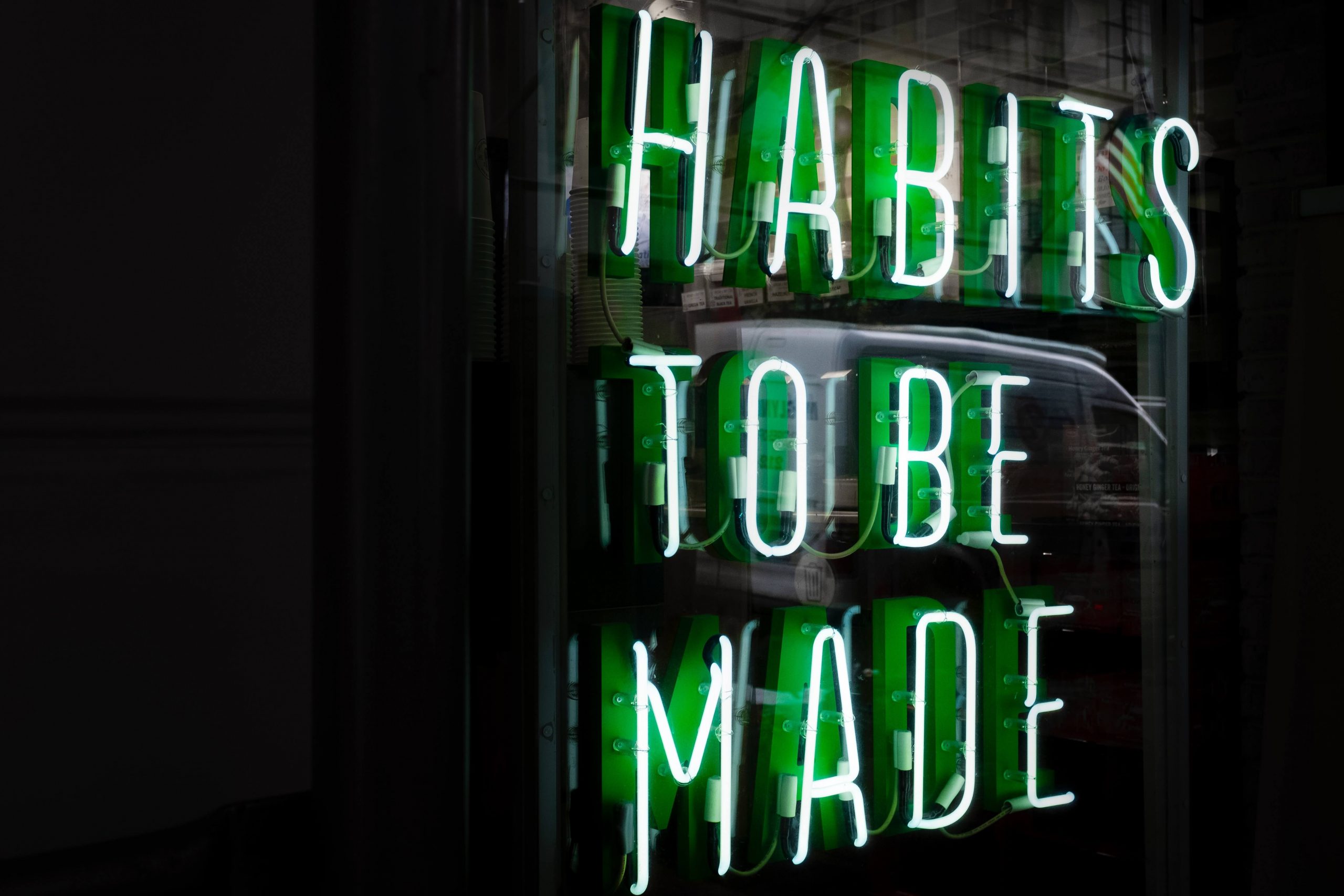The Inner Game of Tennis, and its musical counterpart, the Inner Game of Music, are great books to start on the process of learning about how to deal with nervousness and the mental aspect of performing your best under pressure.
According to the author of the Inner Game of Tennis, Timothy Gallwey, in tennis, the “inner game” is the one you play against yourself: your own negative self-talk, doubt, distractions, and uncertainty.
The Inner Game of Music
Even though there is no obvious opponent to beat in music (with the exception of some Wagner opera parts), there is definitely an “inner game” that you’re playing, especially during an important performance or audition.
It’s no surprise that in teaching and practicing music more attention is usually payed to the outer game than the inner game. However, failure to properly prepare your inner game can lead to some very stressful moments both onstage and in the practice room.
Both of these books are great. If you’ve been in a position where you felt unexpectedly or uncontrollably nervous, you should give either one of these books a read. The Inner Game of Music is obviously more music-focused, but it explains the same concepts present in the Inner Game of Tennis, just with musical examples.
Aside from the usefulness of performance psychology, one aspect of this book that I had forgotten was how the Gallwey describes the “inner game” of learning a new skill or technique.
Inner Game Learning
To describe this new way of learning, we have to talk about the two kinds of “Self” that Gallwey describes.
Self 1 vs. Self 2
The Self 1 is the “normal” conscious self. It’s the running dialogue you often hear in your head. Self 1 uses words to communicate, both with the external world and with Self 2.
Self 2 is the subconscious. Self 2 responds best to images, sounds, and the internalization of a specific physical action. Close your eyes and imagine yourself walking up or down stairs – that ability to “feel” a physical action without moving or using any words is your Self 2.
In most skill-based activities Self 1, (which “knows” what to do) will talk to Self 2 using words. Sometimes good words, but also sometimes aggressive words. When you see people talking to themselves after a bad performance or game, this is usually Self 1 berating Self 2.
This also happens in lessons, when teachers use only words to depict musical ideas or physical techniques. In this case, though, it’s the teacher’s Self 1 communicating with the student’s Self 1, which then talks to its own Self 2.
This is how most teachers work – but it’s not always the best way, since this can set up a touchy relationship between the student’s “selfs”.
Often times students are encouraged (either by their Self 1 or their teacher’s) to “try harder“. Trying harder often leads to Self 1 talking more negatively to Self 2. It doesn’t take long for this kind of thing to lead to a big negative spiral.
Often times the learning process looks like this:
- Perform action.
- Self 1 judges if action was good or bad.
- Self 1 tells Self 2 to do something differently.
- Self 2 tries to do it. Works “harder”.
- Self 1 judges if action was good or bad.
- Repeat until practice is over or the music mysteriously flies across the room.
While this is definitely how I learned and practiced for a long time (and how I sometiems teach), there may be a better way. Gallwey’s Inner Game method of learning ties in nicely with some of the thoughts about visualization and mental representations as well as making sure you’re putting good things in your ears – both topics I’ve discussed recently.
Using a auditiory or visual representation as a goal, Gallwey encourages you to simply observe your current action without judgement. Whether your action is good or bad is not the point – simply observe it as it is, and see if it matches your desired outcome.
Of course, to do this properly you must have a desired outcome!
Gallwey’s Inner Game Learning avoids the potential negative spiral:
- Perform action
- Observe action without judging as good or bad.
- Picture the desired outcome. Visualize it in as much detail as possible.
- Perform action again. Observe without judgement
- Repeat.
If you’ve never read an Inner Game book and you’ve had difficulty with either nerves or constant practice frustration, check them out. They are great!
You can also find some similar books on performance on my French Horn Music and Books page!





